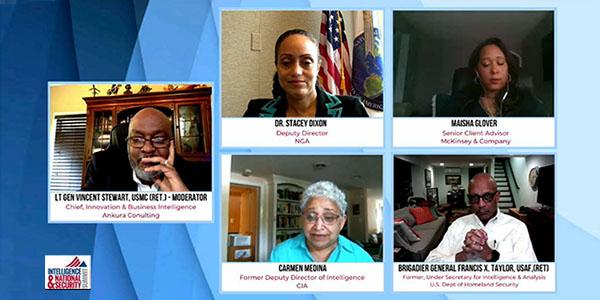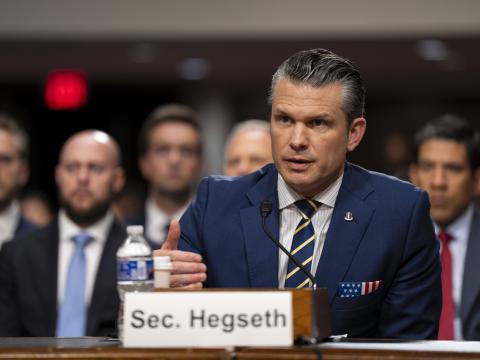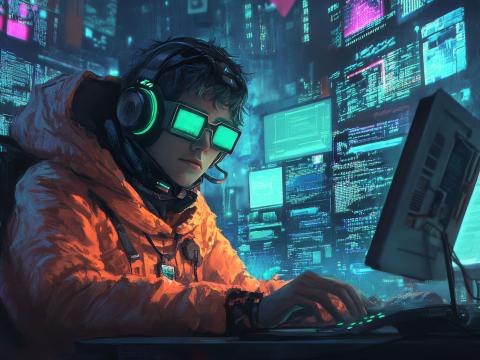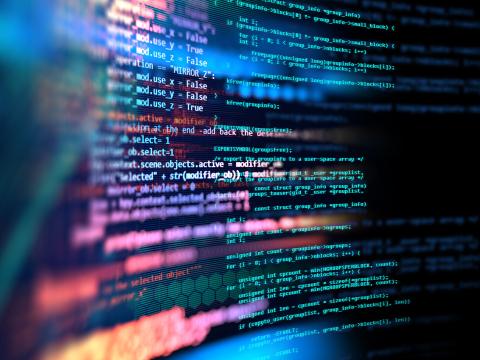The Intelligence Community Needs Diversity NOW
The call for diversity and equality that arose nationwide in the wake of the killing of George Floyd by a police officer has reached into the intelligence community, where many who have suffered from discrimination throughout their lives say much work remains to be done. The social needs of the country are mirrored in the community, which needs greater diversity to be able to serve national security needs in a time of dynamic change.
A panel of four intelligence community leaders and a moderator held a spirited discussion of diversity during the final session on the last day of the AFCEA/INSA Intelligence and National Security Summit held online September 16-18. Far from simply discussing demographics and diversity programs, the group of five related their own personal experiences as they fought off discrimination to rise through the ranks and serve their country.
They didn’t hold back on solutions, however. But much of their dialogue illustrated just how high the diversity mountain remains to be climbed and what must be done immediately. One common point seemed to be that change must be driven from the top in the form of unambiguous leadership that empowers people to speak to one another about prejudice and work to eliminate it.
Panel moderator Lt. Gen. Vincent Stewart, USMC (Ret.), chief, innovation and business intelligence, Ankura Consulting, launched the discussion by relating his strong emotional reaction to viewing the video of Floyd’s death. Carmen Medina, former deputy director of intelligence, CIA, followed his remarks by saying she could not watch the whole video because she didn’t care to see another human being suffer. However, the snippets she saw led her to say, “How can, in 2020, this kind of thing be routinely happening? What’s happening can’t be solved by programs.”
She did say that it would be good if society had a video that shined a light on what goes on in intelligence organizations. That way, people could see injustices that happen frequently but go unrecognized by the public. She also offered that organizations have failed managers by not teaching them how to deal with diversity tension.
Stacey Dixon, deputy director, National Geospatial-Intelligence Agency, was unambiguous about her agency’s zero-tolerance policy. “Belief that someone’s different or lesser has no place in our organization,” she declared.
Belief that someone’s different or lesser has no place in our organization.—Stacey Dixon, deputy director, NGA #Intelsummit20
— Bob Ackerman (@rkackerman) September 18, 2020
But policy alone isn’t enough, all the panelist agreed. Diversity will not be attained simply by letting it happen through organic means. Direct efforts are necessary, and that starts with leadership.
“Diversity is not about affirmative action, it’s not about quotas,” said Brig. Gen. Frank Taylor, USAF (Ret.), former undersecretary for intelligence and analysis, Department of Homeland Security. “It’s about affirmative behavior to go look for talent. And I don’t know a leader in the world that doesn’t go looking for talent.”
Diversity is not about affirmative action, it’s not about quotas, it’s about affirmative behavior to go looking for talent.—Brig. Gen. Frank Taylor, USAF (Ret.), former undersecretary for intelligence and analysis, Department of Homeland Security #Intelsummit20
— Bob Ackerman (@rkackerman) September 18, 2020
Medina offered a similar view. “My instinct is that [a solution] remains top-down and programmatic. It really has to be spiritual and from the heart.”
Organizations and their managers are not versed in dealing with diversity tension.—Carmen Medina, former deputy director of intelligence, CIA #Intelsummit20
— Bob Ackerman (@rkackerman) September 18, 2020
And all the panelists noted that it is in the nation’s best interest to have a diverse workforce in the intelligence community. Having varying opinions and perspectives might make the difference as the United States confronts a multipronged threat picture that seems to change daily. Maisha Glover, senior client advisor, McKinsey & Company, put it into words easy enough for anyone to understand.
“Diversity is a national security imperative,” she declared.
A video of the entire panel discussion is available online.





Comments